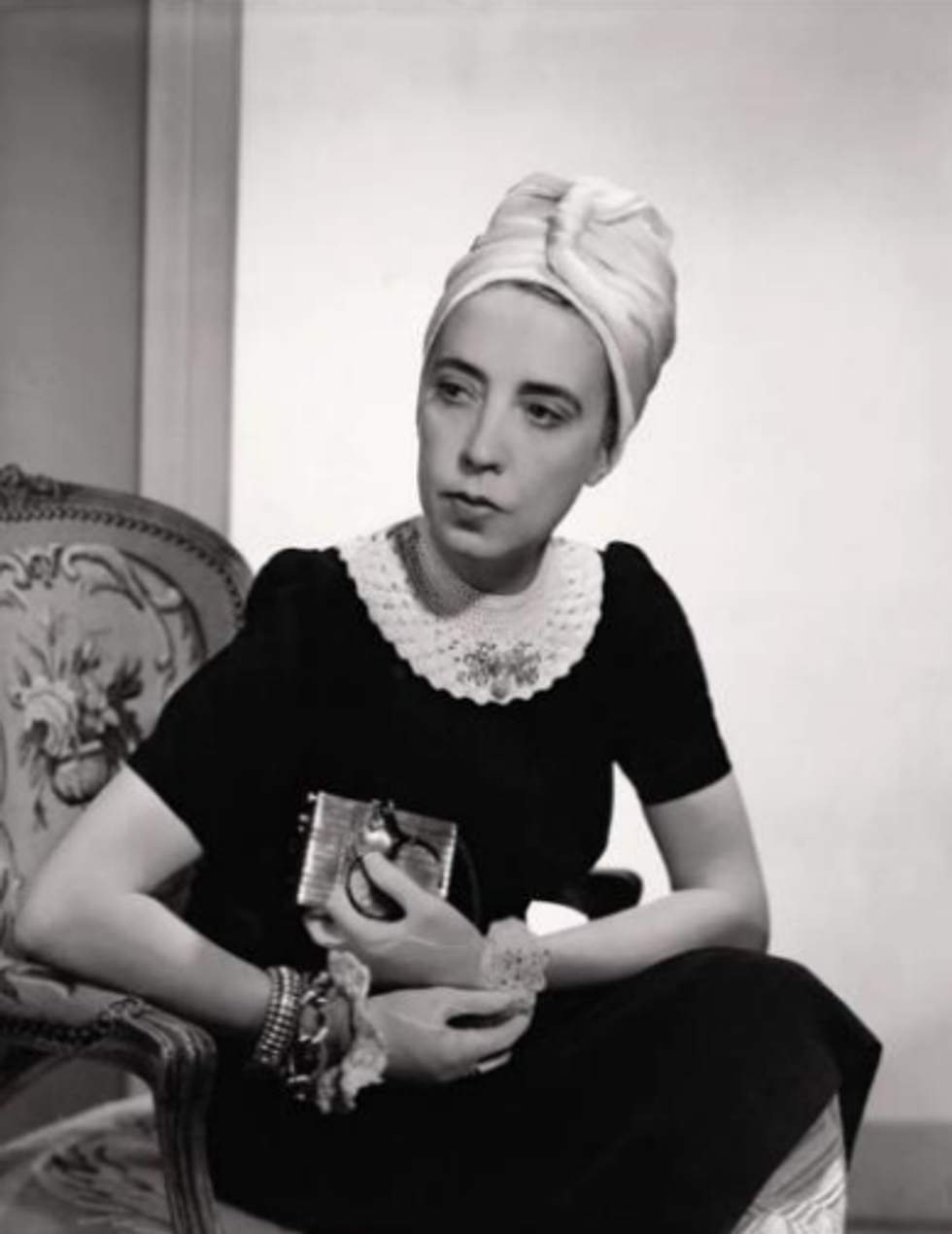The University College London and the University of Oxford are conducting research on Alzheimer's and dementia-oriented diseases in the UK, with a total of 5000 volunteers participating.
The five-year project will take blood samples for the test of dementia, which will raise the hope that there will be better facilities for care, support, and new drug treatments.
Currently, one-third of the population is affected by dementia-oriented diseases, and they never get a formal diagnosis. According to the statistics, only 2 per cent of the affected patients get the tests done, called the 'gold standard', and others have to go through the specialist, either for a PET scan or a spinal lumbar puncture, where they are left to worry with the uncertainty of the disease.
However, both methods show the level of rogue proteins responsible for conditions like Parkinson's, Alzheimer's, and Mad Cow disease. Rogue proteins are misfolded proteins that can cause damage, which is caused by a change in the shape of a normal prion protein. The rogue proteins start to accumulate up to 20 years before the symptoms, but the tests to investigate them are expensive.
Hence, the Oxford team will be looking for a better method to diagnose it in its early stages at affordable prices and is looking for a range of blood types. The tests have been conducted for the early diagnosis of dementia-oriented diseases and will check for traces of proteins.
The researchers will also look at whether blood tests can help detect these diseases at various stages.
But the question arises, what is the age for the detection and showing of dementia symptoms? To answer the question, Dr. Vanessa Raymont, from Oxford University said, "Research has tended to exclude the very elderly, ethnic minorities, and those with other medical conditions, so we need to understand what the data looks like in the real world, which is why these projects are so important."
The research is conducted at the 50 UK trial sites, which are all NHS memory clinics. The University College London (UCL) team will be focusing on the most promising biomarker for Alzheimer's disease called p-tau217, which indicates the levels of amyloid and tau in the brain.
They will be measuring the levels of p-tau217, which can increase the rate of diagnosis for Alzheimer's disease in people with early dementia, and also mild memory problems.
A volunteer's mother had dementia, and hence, she is taking the trial. She also mentioned her personal experience, "I have very close personal experience. Fortunately, she (her mother) was relatively old—she was in her 80s—when it started, and she died at 97. But her last few years were really mired by the disease. Anything that might be able to pick it up earlier, and if there was some treatment in the future...that would be wonderful."
Till now, two treatments have shown in trials that they can slow the progression of early-stage Alzheimer's. The doctors say the benefits are modest, but they represent the first 'disease-modifying' drugs.
Lecanemab and donanemab are currently under review by the MHRA, the regulatory body responsible for drug approvals in the UK. If granted licenses, these drugs would undergo evaluation by health assessment bodies to assess their cost-effectiveness for the NHS before being made available to patients.
The Blood Biomarker Challenge, supported by Alzheimer's Society, Alzheimer's Research UK, the National Institute for Health and Research, and Gates Ventures, is funded with contributions including £5 million from the People's Postcode Lottery.

















 Vogue 1940; Designer Elsa Schiaparelli wearing black silk dress with crocheted collar of her own design and a turbanFredrich Baker/Condé Nast via Getty Images
Vogue 1940; Designer Elsa Schiaparelli wearing black silk dress with crocheted collar of her own design and a turbanFredrich Baker/Condé Nast via Getty Images 'Tears' Evening dress and head veil, designed by Elsa Schiaparelli, February 1938 for Circus Collection, summer 1938. Fabric designed by Salvador Dali Victoria and Albert Museum, London
'Tears' Evening dress and head veil, designed by Elsa Schiaparelli, February 1938 for Circus Collection, summer 1938. Fabric designed by Salvador Dali Victoria and Albert Museum, London Natasha Poonawalla attends The 2022 Met GalaGetty Images
Natasha Poonawalla attends The 2022 Met GalaGetty Images  Vogue 1936; Two models, standing in a white room with arrows painted on walls and wearing dresses by Schiaparelli;Cecil Beaton/Condé Nast via Getty Images
Vogue 1936; Two models, standing in a white room with arrows painted on walls and wearing dresses by Schiaparelli;Cecil Beaton/Condé Nast via Getty Images


 Many of these beaches are tidal and best enjoyed at low tideiStock
Many of these beaches are tidal and best enjoyed at low tideiStock It’s also unofficially clothing-optionaliStock
It’s also unofficially clothing-optionaliStock Framed by the turquoise seaiStock
Framed by the turquoise seaiStock It’s best visited early or late in the dayiStock
It’s best visited early or late in the dayiStock